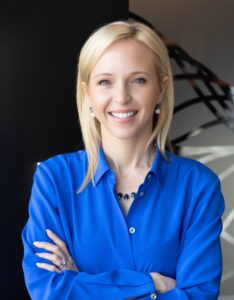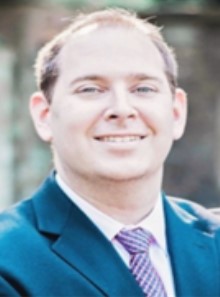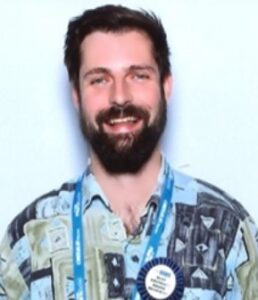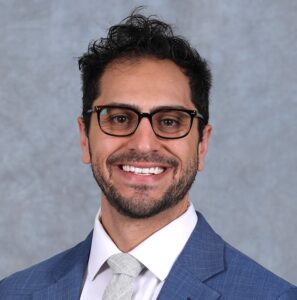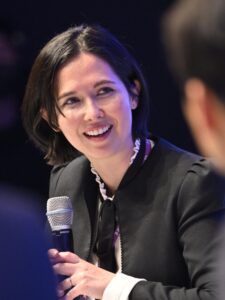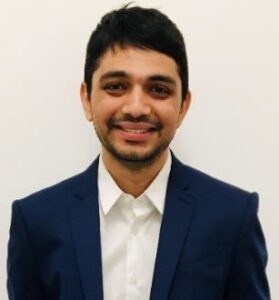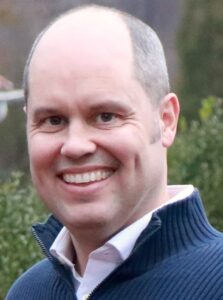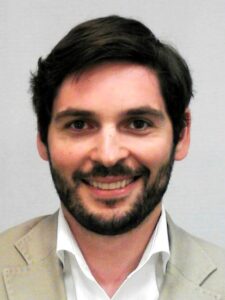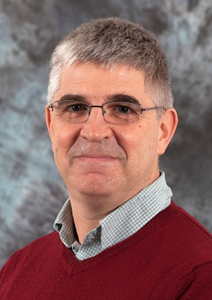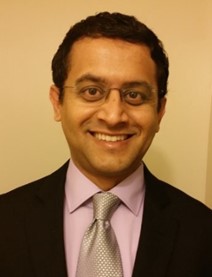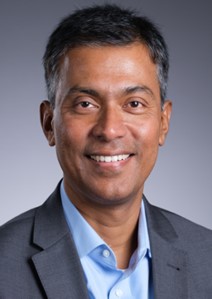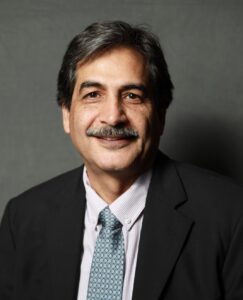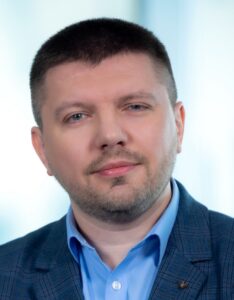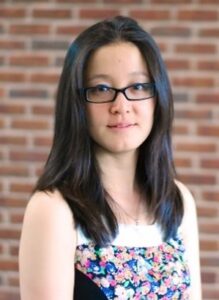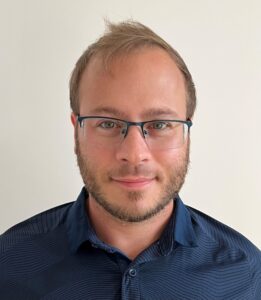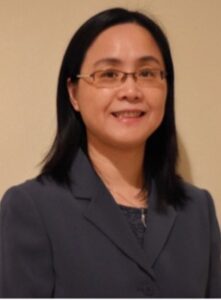Artificial Intelligence (AI) is rapidly transforming drug development and regulatory processes across the pharmaceutical industry. This workshop explores cutting-edge applications of modeling and AI throughout the drug development lifecycle, with particular emphasis on complex generics. Through presentations, panel discussions, and interactive sessions, attendees will examine how AI is being integrated into regulatory frameworks to streamline workflows, accelerate development timelines, and advance quantitative medicine approaches.
Key areas of focus include:
- Regulatory Perspectives: Current thinking from FDA, EMA, and other global regulatory bodies on AI integration in drug development and assessment processes
- AI-Driven Workflow Optimization: How AI enhances efficiency in regulatory writing, product development, and modeling workflows
- AI in Drug Development: Exploration of AI’s role in transforming drug development processes, including predictive modeling for drug substance development, formulation optimization, and process optimization
- AI and Quantitative Medicine: Discussion on how AI/ML approaches are extending quantitative medicine approaches, from pharmacometrics and systems pharmacology to translational modeling and digital twins
Join us for an immersive two-day experience featuring presentations from leading experts in regulatory agencies, pharmaceutical industry, and academia. All attendees will benefit from insights shared by a diverse group of speakers, including FDA officials, international regulatory experts, industry leaders, and renowned academics. This workshop offers a unique opportunity to:
- Understand the latest regulatory thinking on AI integration in drug development
- Learn about cutting-edge AI applications in the pharmaceutical industry
- Network with peers and experts in the field
- Gain practical insights into implementing AI solutions
- Explore the future of AI in drug development and regulatory science
Join us to be part of the conversation shaping the future of AI in pharmaceutical innovation and regulation.
Choose your experience:
Virtual Attendees will have free access to all sessions of the workshop except the small group (in-person) working sessions. Virtual attendees will be able to:
- Attend all presentations and panel discussions
- Participate in all Q&A panel discussions by submitting questions online in real time to the speakers and panelists
- Enjoy free access to workshop recordings of presentations and panel discussion (not including the small group working sessions)
In-person Attendees will enjoy all of the benefits of virtual attendance as well as interactive experiences featuring:
- Small group working sessions allowing for deeper dives into specific mock case examples on AI applications in drug development and regulatory assessment. These sessions will simulate real-world scenarios, illustrating how AI can be leveraged to solve complex problems in drug development, while also addressing best practices for communicating with regulatory agencies regarding submissions that incorporate AI tools.
- Collaborative discussion and learning opportunities with FDA, academic, and industry experts
Workshop Topics
- Regulatory Perspectives and Opportunities
- AI Streamlining Workflows
- AI Supporting Drug Development
- AI and Quantitative Medicine
Audience
This workshop is primarily designed for professionals involved in the development, implementation, and regulation of AI tools in the drug development. The target audience includes pharmaceutical scientists (i.e., quality assurance and control experts, formulation and product development scientists), data scientists, AI/ML specialists, pharmacometricians, biostatisticians, bioinformaticians, regulatory affairs professionals, and clinical development professionals. Additionally, the workshop will be valuable for academic researchers in pharmaceutical sciences and computer science, representatives from contract research organizations (CROs) and technology providers, regulatory agency staff, and healthcare professionals interested in AI’s use on drug development. The content is tailored to accommodate participants with varying levels of AI expertise, from those seeking to understand the basics of AI applications in pharmaceuticals to advanced practitioners looking to stay abreast of the latest regulatory considerations and cutting-edge applications.
- Virtual Attendance is optimal for an audience who would like to have access workshop content from anywhere, eliminate travel time and expenses, and who would like to have the flexibility to attend dynamic sessions/presentations at preferred times.
- In-Person Attendance is optimal for an audience that is interested in collaborative discussions and real-time engagement, immersive learning, interactive sessions and group activities.
Registration Fees:
- This workshop is FREE for virtual attendees.
- The combined cost for both days of in-person attendance and activities is:
- $350, in-person attendees – general
- $150, in-person attendees – government (must have an email ending in “.gov” in order to register at this rate)
For in-person attendees, beverages and food for breaks will be provided; lunch is not included. A link to order lunch for each day of the workshop and instructions will be sent closer to the dates of the workshop.
For faculty and students from the University of Maryland, Baltimore; The Universities at Shady Grove; and University of Michigan, the workshop is free for in-person attendance. Contact CRCG at (info@complexgenerics.org) and indicate which workshop you are interested in.
Continuing education (CE) credits will not be provided for attending this workshop. A certificate of attendance will only be provided to individuals attending the workshop in-person, when requested.



